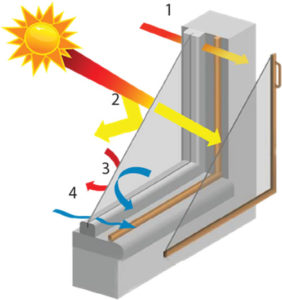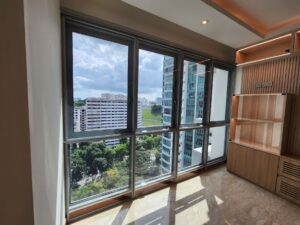“I already have double-glazed windows but the noise is still coming in” – A phrase we hear regularly during our site-visits. Stepping up to the window, it’s clear to see that they are indeed not soundproof windows – just ordinary, thin, double-glazed units. And this is the part that we really find sad for our clients – they’ve purchased unknowingly a poor quality, hollow aluminum window with the thinnest double glazing, believing it would block out noise.
So, then we come in and solve the noise problem for them, but it’s concerning that this happens to homeowners so frequently. It is unfortunately very challenging to get correct information about soundproof windows and this results in a dent in the pocket and a window that doesn’t work for many people.
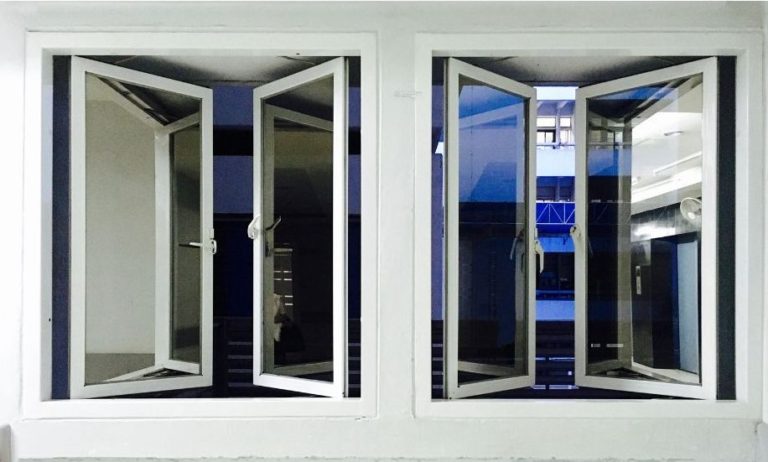
If you are looking for a soundproof window, here are some important points to take into consideration, so that you are not one of the people left disappointed:
- Double-glazed windows are not automatically soundproof: These windows are mainly used for thermal insulation and can only be considered soundproof when they are used in a window system that has multi-point locking, thermally broken (or multi-chamber frames), strong, multiple rubber seals and acoustic caulking for installation. Our blog post here talks more about this topic.
- Sliding windows are unfortunately poor performers when it comes to soundproofing. This is caused by their structure in how their frames need to be loose to easily slide to the side and they often have drainage holes exposed to the outside. This means that soundproofing cannot be achieved as it does not seal tightly/compress against the frame when closed. If you have noise concerns, choose a casement window. Read our article here about sliding windows.
- If the window frames are aluminum, they should ideally be multi-chamber or thermally broken – where it’s made up of two parts separated by a polyurethane spacer – to increase the acoustic and thermal transmission. Noise easily travels through hollow aluminum frames. uPVC windows can be a great option if suitable in your development.
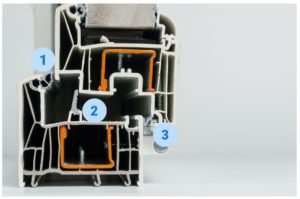
- The glazing should be of different thicknesses with an air-gap of no less than 20mm. An air-gap is one of the MOST important aspects of soundproofing. Take a look at our article here, which explains more details.
- Multi-point locking is also vital as it ensures that the seals are tightly compressed on all 4 sides of the window. This creates an air-tight seal which is essential for soundproofing since if air can come in, so can the noise.
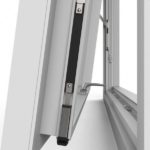
- Soundproof windows are going to be more expensive than a standard replacement window. If it is too cheap, it might not be the real deal. The right materials, expertise, warranty, production, service back-up and installation methods are more comprehensive.
- And lastly – The Installation: You can have the best window in the world, but if it’s not installed properly then it will not function or last as it should.
Here is a recent example from one of our clients who installed a standard double-glazed window. In this case, we were called in afterwards to retrofit our Noise Shields around the existing windows to solve the noise problem.
This window, in a HDB near Jurong, is a very common situation we see. The frame of the window is hollow, thin aluminium, and there are no multi-point locking mechanisms. Unfortunately the panels were not lined up straight, resulting in large gaps which contributed to the noise transmission.
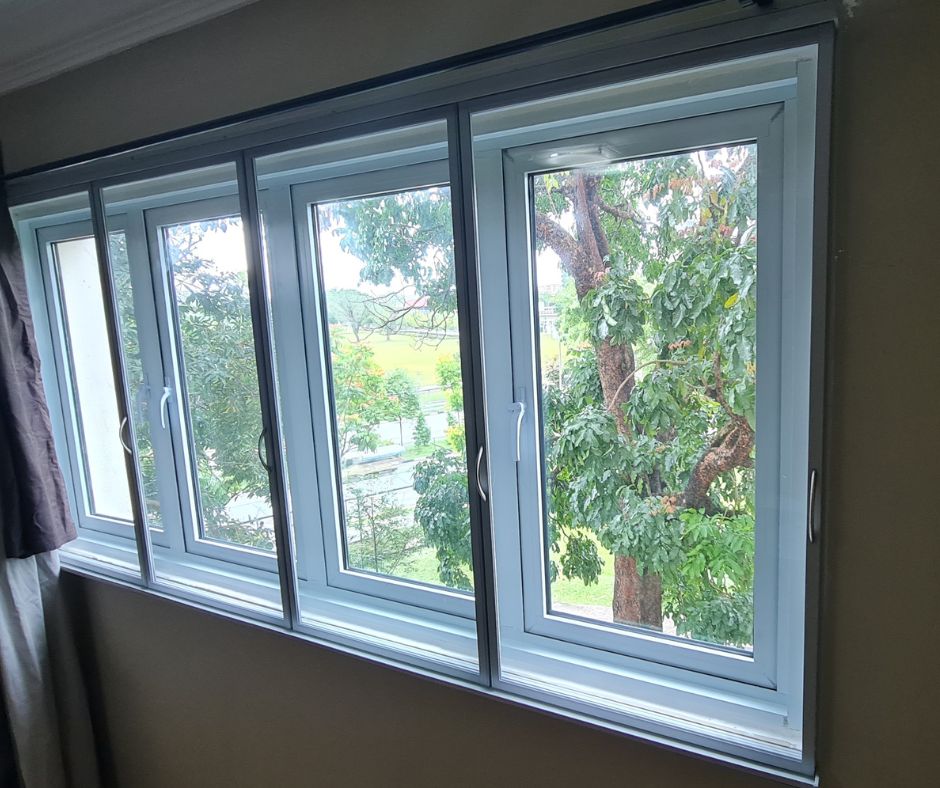
How can you compare offers and find out if you are getting a real soundproof window at a fair price? Our tip is to ask for the test results for THE WHOLE WINDOW SYSTEM, and not only the glass alone. To ensure that a window is soundproof you are looking for a system with a minimum rating of 35 STC. A range of between 35 – 39 STC is a good choice for most residential requirements in Singapore. If a rating for the system does not exist, or the result is below 35 STC, you might want to look for a solution elsewhere.
In our next article, we look at 100% soundproofing and if it can really be achieved.

